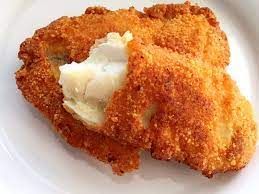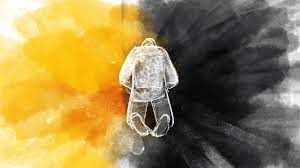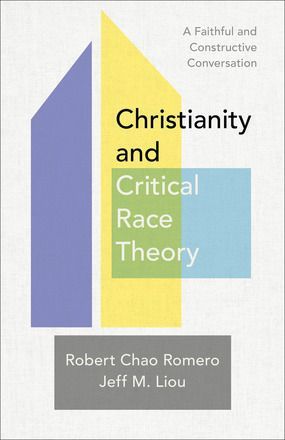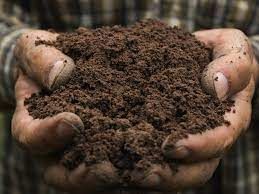We Are What We Eat
Some thoughts on Communion
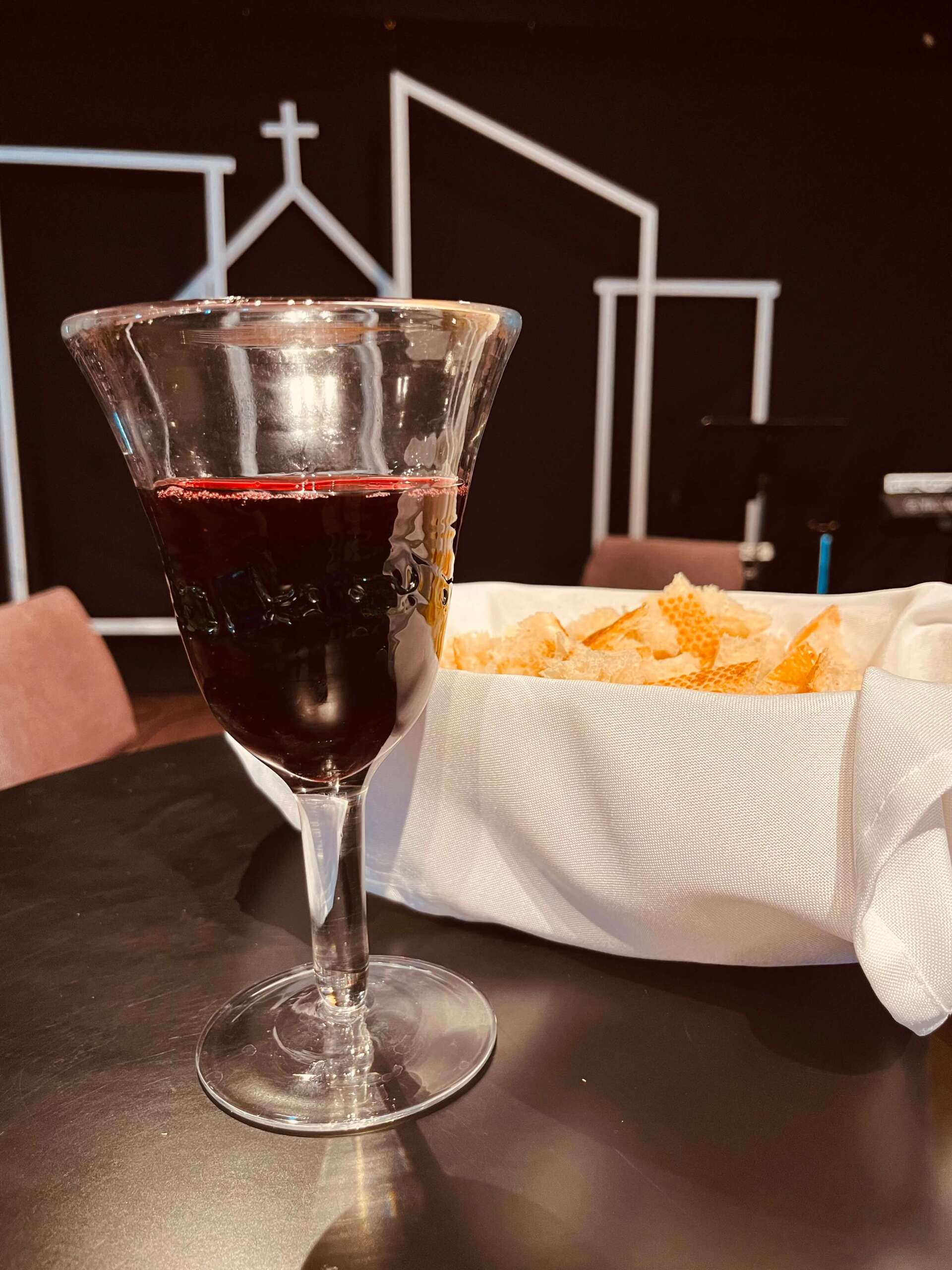
This post is going to highlight some of the meaning of Communion. I realize that’s kind of backwards—Communion is not something that you know about and then do, it’s an action that we do together and discover the meaning as we do it. We don’t gain meaning from Communion by knowing about it but in the act of doing it. If it was about knowing, Jesus could have told us all the things he meant us to know, and then we wouldn’t have needed to do it. Instead, Jesus said, “Do this activity—eat bread and wine together when you gather in my name” and Paul added, “Do this as an act of remembrance that proclaim’s the Lord death until he comes again.”
Why Communion?
Communion has so much to it that I couldn’t possibly explore it in just one post. But, one key reminder: our vision at Resurrection Covenant Boise is to bear witness to Jesus. Communion is a sacrament hyper-focused on Jesus, and so we want to put it at the center of our time together as a community.
Jesus is the host of His table. This is his table, and he invites everyone to eat with him. Communion is not about my preferences, tastes, the seating arrangement that I would prefer, the people I want to eat with, the dividing lines that I want to draw, or the ways that I want to maintain power. Jesus invites people of every race, gender, ethnicity, socio-economic status, social, mental, physical ability, political parties, sexual orientation, relational status, orphans, widows, foreigners, the poor, etc. All who are willing to recognize the reality that Jesus is Lord are welcome at His table.
Not every part of the Christian life is equally accessible to all of us—even this post explaning Communion (in English, on a blog, written by me, with my ways of writing and thinking) will appeal to some of us more than others. For example, sermons can be a kind of consumerist exercise—they appeal to some kinds of people and not others, they are in one language and not others, they come from a preacher that some people resonate with, though others don’t. The same is true of our worship music, our prayers, and all other parts of our communal worship life.
Did you know that in lots of churches, the goal has been to appeal to one kind of consumer market in order to grow as quickly as possible? 60 years ago, Dr King lamented that our Sunday worship was divided by race; instead of working to overcome our divisions, we found ways to become even more divided. Our divisions now center on consumer preferences, not explicitly by race (though racial division is a not surprising result of consumerist church). There are several important books about just this idea—I recommend Paul Metzger’s Consuming Jesus and David Swanson’s Rediscipling the White Church to think more about that point.
Our goal here is to center communion so that the center of our communal life is something that welcomes all of us equally. We all eat, and all are welcome to eat at this table.
“My body, given for you”
When Jesus instituted this meal, He told us that we are eating His body, given for us. When we eat the bread, we take in the body of Christ so that we are being fed by Jesus’ body. He nourishes us, sustains us, forms us more and more into His likeness. We sacramentally participate in the life of Jesus when we receive Communion, so that His life might be lived out in us. As the saying goes, we are what we eat, and when we eat Jesus, we are becoming more like Him.
Another point about ingesting Christ’s body together: when we eat His body, we also become His body. The Catholics and Eastern Orthodox have developed this understanding of the Eucharist over the centuries, and I recommend some thoughtful Catholic and Orthodox thinkers here (Henri de Lubac’s Catholicism was especially helpful for me; you might also look at Augustine’s Sermon 227, Thomas Aquinas’ Summa Theologica, or Alexander Schmemann’s amazing For the Life of the World). When we eat the body of Christ together, we are being formed into the body of Christ that goes out and lives Christ in the world, for the world.
In Communion with Jesus, we are also bound together with all of God’s people through all times and places—with people from every tribe and tongue and people and nation from the beginning of creation until now. All Christians have eaten this meal; when we take part, we are joining the feast that has been ongoing since the night that Jesus was betrayed.
“This cup is the new covenant in my blood”
Jesus tells us that the bread is His body; similarly, the cup is His blood. Like an anniversary celebration celebrates the past wedding, this cup of the covenant participates in the future wedding feast that will consummate our unity with Jesus the Lamb in the New Jerusalem. The juice or wine helps us to participate first in the Passover, where God led the people out of Egypt; also in Jesus, who poured out his blood for us so that we might be free from the powers of sin and evil and death; and in the future wedding feast, where we will be united with Jesus for eternity. When we receive the cup together, we recommit to the covenant, and we receive Jesus’ commitment to us again.
Also, as His body nourishes us, so His blood sustains and forms us. His blood is running through our veins and empowering us to live a life of pouring ourselves out for others as He poured Himself out for us.
“We proclaim the Lord’s death until he comes”
In this act, we are uniting ourselves with Jesus, we are binding ourselves to him, and we are proclaiming the Lord’s death. When we participate in Communion together, we are saying that the Lord died and rose again. We follow a Lord who died. He died for us and for all of humanity. Our Lord gave himself up for us.
We are also saying that this Lord—this Lord who died—is the kind of Lord who is truly Lord, and His Kingdom is the kind of Kingdom that is really good and true and beautiful in the world, that will stand in eternity. All lords and all empires and kingdoms will come to an end, but this Lord will sit on the throne forever, and His Kingdom will have no end. He will come again to consummate and fulfill His reign over a united heaven and earth.
Because we follow a Lord who poured Himself out for us, we are also saying that we want to die with Him so that we will rise with him. Jesus, the one who died, is Lord, his Kingdom will not end, and we want to follow him into death and resurrection.
I feel like that’s just a beginning—we could go on talking about what Communion means for a long time. But our goal is not to talk about it but to participate in it.
Jesus, thank You for giving up Yourself for our sakes, for offering Yourself for us for our nourishment, sustenance, and formation, for drawing us to Yourself and to one another in You, and for living out Your life in the world through us. We praise You as Lord!
Blessings,
Josh
